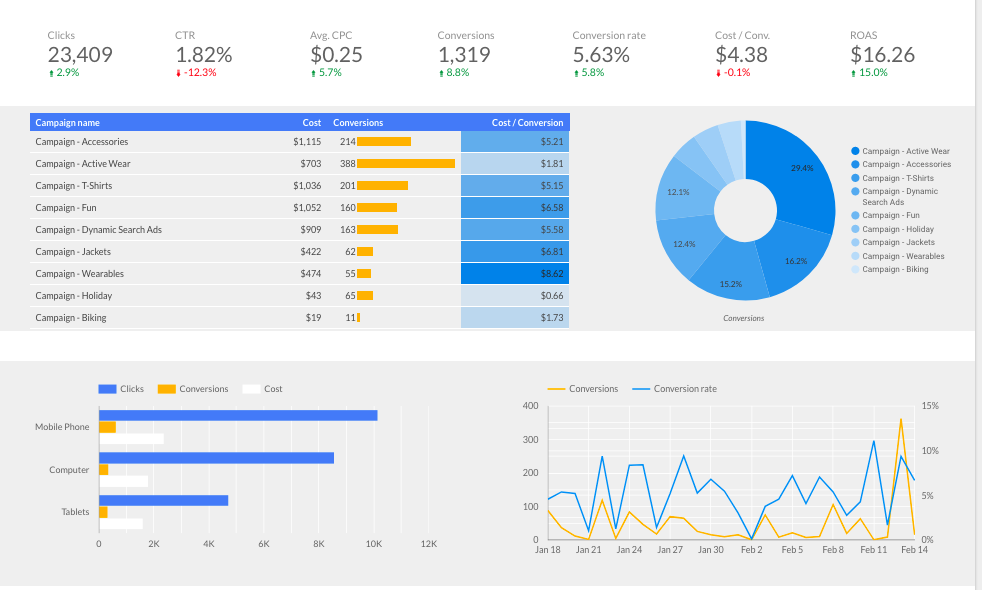
Search Engine Optimization (SEO) is the foundation of a successful online presence. It’s the process of optimizing your website to rank higher in search engine results, making it more visible to users searching for relevant information. Whether you’re new to the world of digital marketing or looking to enhance your website’s performance, this comprehensive guide will introduce you to the fundamental concepts of SEO.
Understanding SEO: What is it and Why is it Important?
SEO is about improving your website’s visibility in search engines like Google, Bing, and Yahoo. When users search for keywords related to your business, you want your website to appear on the first page of search results. Why? Because most users don’t venture beyond the first page.
Keywords: The Building Blocks of SEO
Keywords are the words and phrases users type into search engines. To optimize your site, you need to identify relevant keywords for your industry and integrate them naturally into your content. Keyword research tools help you find the right keywords that have a balance between search volume and competition.
On-Page SEO: Optimizing Your Website Content
On-page SEO involves optimizing individual web pages to rank higher and earn more relevant traffic. This includes optimizing titles, headings, meta descriptions, and using keywords strategically within your content. Providing valuable, informative, and engaging content is essential for both users and search engines.
Technical SEO: The Backbone of Your Website
Technical SEO focuses on the technical aspects that influence search engine rankings. This includes optimizing site speed, improving mobile responsiveness, creating a clear site structure, using clean URLs, and optimizing images. A technically sound website provides a better user experience and is more likely to rank higher.
Off-Page SEO: Building Authority and Backlinks
Off-page SEO involves building your website’s reputation and authority through external factors. Backlinks, also known as inbound links, from reputable websites indicate to search engines that your content is valuable. Building quality backlinks through guest posting, influencer collaborations, and content distribution helps boost your site’s credibility.
Local SEO: Targeting Local Audiences
For businesses with a physical presence, local SEO is crucial. It involves optimizing your website to appear in local search results when users search for products or services in their vicinity. Claiming your Google My Business listing and garnering positive reviews are key components of local SEO.
Measuring Success: Tracking and Analytics
To gauge the effectiveness of your SEO efforts, you need to measure key metrics. Tools like Google Analytics provide insights into website traffic, user behavior, and conversion rates. Regularly monitoring these metrics allows you to refine your strategies for better results.
Staying Updated: The Ever-Evolving Landscape
SEO is dynamic, with search engines constantly updating their algorithms. Staying informed about industry trends, algorithm changes, and new technologies is essential for maintaining your website’s visibility.
In conclusion, mastering the basics of SEO is essential for establishing a strong online presence. By optimizing your website’s content, and technical aspects, and building authority, you can improve your search engine rankings and attract more organic traffic. Remember, SEO is a long-term strategy that requires continuous effort and adaptation.
digital marketing course by google | digital marketing course in agra | digital marketing course in meerut | digital marketing course in bareilly | digital marketing course in gorakhpur
